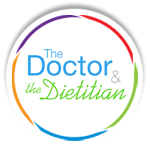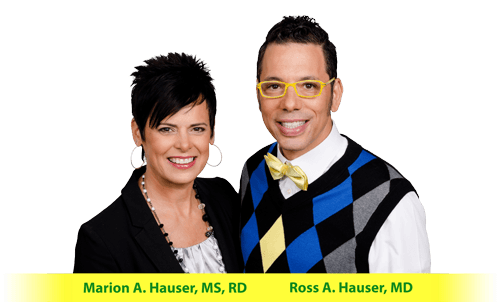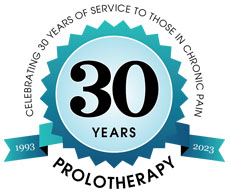Can what you eat affect the health of your eyes? Definitely! There is a strong connection between the foods you eat, and the health of your body, and your vision. Older adults face age-related conditions, like cataracts and macular degeneration, which can impair their lifestyle, so making good nutritional choices is a way to help delay or prevent certain eye problems. In general, an overall healthy diet appears to be the best strategy in reducing the risk of developing age-related eye conditions. A diet high in processed foods, saturated fat and sugar has been shown to increase the risk of these eye diseases, while a diet high in vegetables, carotenoids, vitamins, minerals, lutein, omega-3 fatty acids, and healthy proteins, is beneficial for eye health.
How do you do this? Choose a variety of dark green and brightly colored fruits and vegetables to obtain the most antioxidants, which protect eyes by reducing free radical damage that can cause age-related eye diseases. Throw together a colorful salad or steam some fresh vegetables. Grab raw vegetables for a wholesome snack. Bell peppers are high in vitamins A and C. Carrots are high in vitamin A, plus vitamins C and E, which help reduce the impact of both cataracts and age-related macular degeneration. Dip veggies in hummus, or just munch on them for a flavorful burst of nutrition. Include spinach, kale, and other dark green, leafy vegetables, for eye healthy vitamin C, beta carotene, lutein and zeaxanthin. Turkey is a good protein source loaded with zinc and the B-vitamin niacin, which can help prevent cataracts. And wild salmon is a perfect way to provide protein and the omega-3 fats you need.
Fresh, whole food diets play a vital role in your overall health and the health of your eyes.



